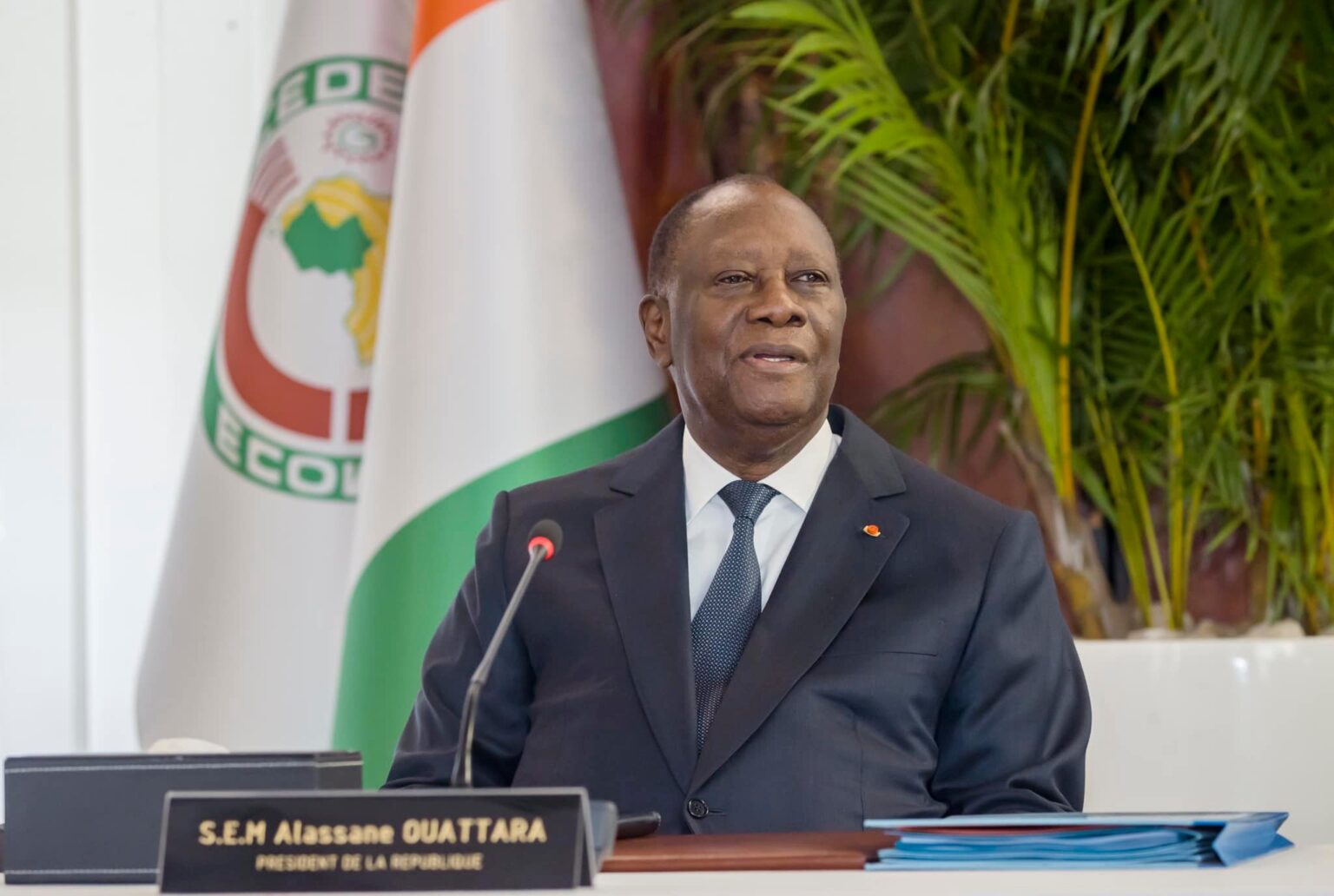- Experts project that Côte d’Ivoire seeks to sell its Eurobond and around 8.50 per cent to 8.75 per cent for a ticket size of between US$1 billion to US$1.25 billion.
- Ghana, Senegal, Nigeria, and Côte d’Ivoire have been key players, with the values of their Eurobond issuances typically ranging from $200 million to $1 billion.
- The annual value of Eurobonds issued by West African governments witnessed a remarkable surge, increasing from $200 million in 2007 to $2.25 billion in 2014.
As the markets open in the new year, all eyes turn to Côte d’Ivoire, which has announced a plan to lead the continent in issuing a Eurobond—the first in Africa after a nearly two-year break.
Positioned on the verge of economic resurgence in 2024, Côte d’Ivoire is poised to become the first sub-Saharan African nation to issue a Eurobond as the global financial markets ease following a period of high interest rates.
This move is expected to further amplify West Africa’s love for Eurobonds, arguably the primary source of foreign debt for the regional economy.
As the world’s leading cocoa producer, Côte d’Ivoire is preparing to embark on a new chapter in its debt profile, with President Alassane Ouattara making the announcement.
Although the size of the planned borrowing was not disclosed, President Ouattara stated, “The government will continue the structural transformation of the Ivorian economy, accelerating investments in sectors such as digital technology and transport, along with the exploitation of recent oil and gas discoveries.”
Speaking to BNN Bloomberg.ca, Søren Mørch, a portfolio manager at Danske Bank Asset Management, remarked “Ivory Coast will most likely issue in dollars and the 10-year tenor,” adding, “They will be aiming to sell around 8.50 per cent to 8.75 per cent and a size of US$1 billion to US$1.25 billion.”
Countries defaulting on loans in Africa
While this move underscores Côte d’Ivoire’s resilience, economists and observers from across the African continent will keenly watch, given that several countries, including Ghana, Zambia, and Ethiopia, have defaulted on their external debt obligations due to the challenging economic environment across Africa.
In a December 2023 update, the International Monetary Fund (IMF) noted that Côte d’Ivoire’s public and external debt stocks equal 56.8 and 34.5 percent of GDP, respectively, as of end-2022.
The global lender said the country’s debt projections for end-2023 were slightly lower due to exchange rate appreciation at 57.8 and 34.9 per cent of GDP, vs. 58.1 and 35.6 per cent of GDP respectively.
According to Gregory Smith, a lead economist at the World Bank, African sovereign Eurobonds in circulation reached a face value of US$143 billion as of June 2023. As of July, he notes their market valuation stood at approximately $107 billion.
Notably, this figure includes the Eurobonds of Zambia (with a face value of US$3 billion) and Ghana (with a face value of US$13.2 billion), both undergoing restructuring due to defaults.
Smith observes that the circumstances surrounding African sovereign Eurobonds reflect similar trends in emerging markets worldwide lacking an investment-grade credit rating. In the six months leading up to June 2023, spreads widened for most countries in Africa.
Egypt’s Eurobonds, in particular, bore the brunt of this trend, faltering due to unmet reform expectations.
Meanwhile, Nigeria’s Eurobond yields experienced a positive year-to-date shift, attributed to unexpected improvements resulting from reforms initiated under the new President Bola Tinubu.
West Africa’s love for Eurobonds
Across the continent, West Africa has emerged as a vibrant hub for Eurobond activity. Eurobonds, which are bonds issued in currencies other than those of the originating country, are taking center stage as the most prominent form of foreign debt in the region.
The story began in 2006 when Seychelles marked its debut in the international financial markets by issuing a groundbreaking $200-million Eurobond.
This set the stage for a trend that saw several other Sub-Saharan African nations, predominantly in West Africa, follow suit. According to updates from the African Development Bank, the West African landscape has been particularly active in embracing Eurobonds.
Ghana, Senegal, Nigeria, and Côte d’Ivoire have been key players, with the values of their Eurobond issuances typically ranging from $200 million to $1 billion. The annual value of Eurobonds issued by West African governments witnessed a remarkable surge, increasing from $200 million in 2007 to $2.25 billion in 2014.
Read also: Economic alarms ring as Ethiopia’s credit rating enters junk territory
Strong investor appetite for West African Eurobonds
Ghana, Senegal, Nigeria, and Côte d’Ivoire have been consistent participants in the Eurobond debt market, each making multiple forays into international financial markets.
Notably, these endeavors have attracted significant interest from investors, particularly from the United States and Europe, resulting in oversubscribed issuances.
In 2014, for instance, Senegal’s $500-million bond and Côte d’Ivoire’s $750-million bond were both oversubscribed by a staggering eight times, underscoring the strong investor appetite for West African Eurobonds.
However, it is crucial to note that the overall African Eurobond issuance faced a two-year lull following the commencement of the US Federal Reserve’s hiking cycle.
Despite this, the narrative took a positive turn in April 2023 with the introduction of a $300 million 5-year debut Eurobond from the Mauritius Commercial Bank, priced at 7.95 percent.




